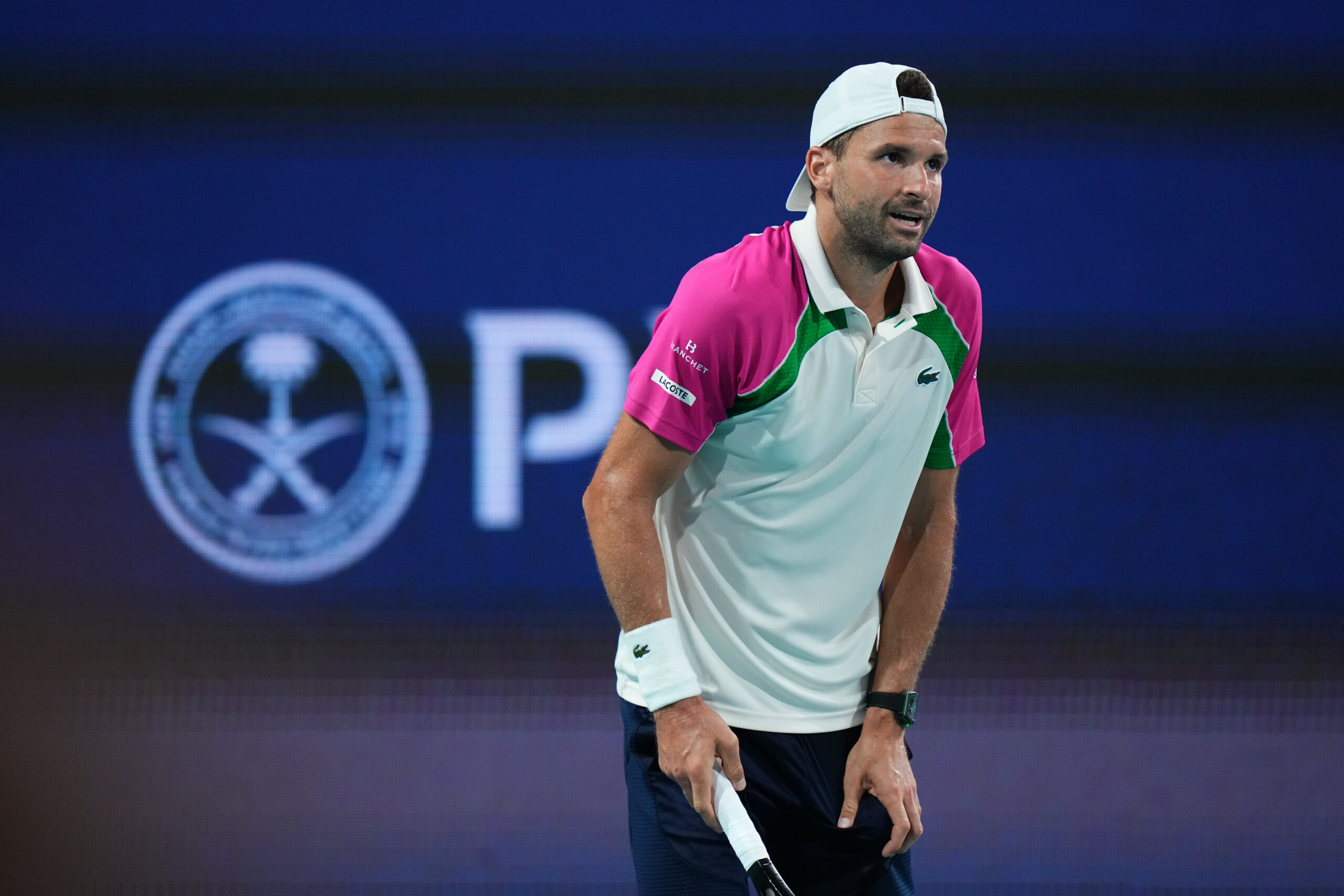The Miami Open is facing scheduling challenges, leading to the postponement of Novak Djokovic’s quarterfinal match. A combination of lengthy matches and humid conditions created a backlog, impacting the tournament’s flow. This article delves into the reasons behind the disruption and its effects on players and fans.
The Miami Open, a prestigious event on the tennis calendar, brings together top players from around the globe. A smooth schedule is crucial for the fairness and excitement of the tournament. This year, however, unforeseen circumstances have led to significant changes, highlighting the complexities of managing a major sporting event.
We’ll examine the key factors that contributed to the schedule issues, including notable match upsets and the impact of weather conditions. Additionally, we’ll explore how these disruptions affect the players involved and the overall viewing experience for tennis enthusiasts.
ATP & WTA New Scheduling
The ATP and WTA introduced guidelines to reduce late finishes, matches are not to start after 11 p.m. without approval. The Miami Open saw these rules tested as matches ran long. The Pegula-Raducanu match extended past 11 p.m., causing uncertainty about the Djokovic-Korda quarterfinal, which was eventually postponed to Thursday.
Paul Annacone of Tennis Channel Live stated, “This has been a long time in the making.” Completing five singles matches on a single court with a 1 p.m. start was ambitious. The Miami Open was affected when rain forced the Zverev-Fils match onto Wednesday’s schedule.
Coco Vandeweghe commented, “I’m glad that the tours are finally helping the players… but again, there is Grandstand, there’s other courts that maybe some matches could have gone off to, instead of filling up Stadium only.” Her comment points to alternative solutions that could have been considered to ease the scheduling burden.
Upsetting of Iga Swiatek
Alexandra Eala’s victory over Iga Swiatek early in the day contributed to the time constraints. Eala’s surprising performance demonstrated her skill and determination, impacting the schedule. These unexpected results added time to the overall schedule, creating further challenges for tournament organizers.
The Miami Open is known for its competitive matches and surprising outcomes. These unpredictable results often lead to longer match times. Such upsets, while exciting for fans, can create logistical issues for the tournament schedule.
These matches extended, causing the night matches to be pushed to later times.
Long matches
Following Eala’s win, Alexander Zverev was defeated by Arthur Fils, and Grigor Dimitrov narrowly beat Francisco Cerundolo. Dimitrov’s match was especially grueling, lasting nearly three hours. Such extended matches test the endurance of the players and affect the tournament schedule.
The Bulgarian veteran Dimitrov lost the first set despite holding multiple set points and saved a match point in the third set before winning. The match highlighted the level of competition at the Miami Open. Humid conditions added to the difficulty, requiring Dimitrov to be helped off the court.
Marathon matches are a common occurrence in tennis tournaments, particularly in humid conditions. These matches contribute to scheduling delays, and organizers must balance the need for fair play with the logistical challenges they create.
The Humid condition in Miami
Pegula noted the humidity after her semifinal win over Raducanu, writing “It’s humid!” on the camera lens. Humid conditions slow down play, affecting match durations. Miami’s climate can be demanding for players, impacting their performance and the overall tournament schedule.
The Miami Open is held during a time of year when humidity levels are typically high. This poses challenges for players, potentially slowing the pace of play and requiring more frequent breaks. These factors need to be considered when planning the tournament schedule.
Humidity affects play, and organizers must plan accordingly. This can involve adjusting match times or implementing strategies to help players cope with the conditions.
Djokovic vs Korda Postponed
The combination of factors led to the Djokovic-Korda quarterfinal being postponed. This decision ensured fair playing conditions for the athletes and addressed concerns about late-night play. The postponement allows players adequate rest and prepares them for their next matches.
The decision reflects a commitment to player welfare and fair competition. It underscores the importance of considering various elements to ensure the best possible experience for players and fans. While disappointing for those eager to see the match, the postponement aims to maintain the integrity of the tournament.
The Miami Open schedule disruption highlights the many challenges of managing a major tennis tournament. Factors such as match length, weather, and unexpected upsets all play a role in determining the schedule’s flow. Understanding these dynamics is crucial for creating a balanced and enjoyable event.
Schedule Disrupted in Miami Open
The Miami Open schedule disruption illustrates the complexity of organizing major sporting events. Unforeseen factors can significantly impact the flow of the tournament, requiring quick adjustments and careful consideration. The decision to postpone Djokovic’s quarterfinal demonstrates a commitment to fair play and player well-being.
The events at the Miami Open provide insight into the challenges faced by tournament organizers. They demonstrate the need for flexible planning and the ability to adapt to changing circumstances. While scheduling disruptions can be frustrating, they also highlight the unpredictable nature of live sports and the importance of prioritizing the athlete’s welfare.
As the Miami Open continues, it is hoped that the lessons learned from these disruptions will inform future scheduling decisions. A proactive approach that considers weather conditions, match durations, and other potential issues can contribute to a smoother and more enjoyable experience for everyone involved. The goal is to create an environment where players can perform at their best and fans can enjoy the excitement of world-class tennis.

Leave a Reply